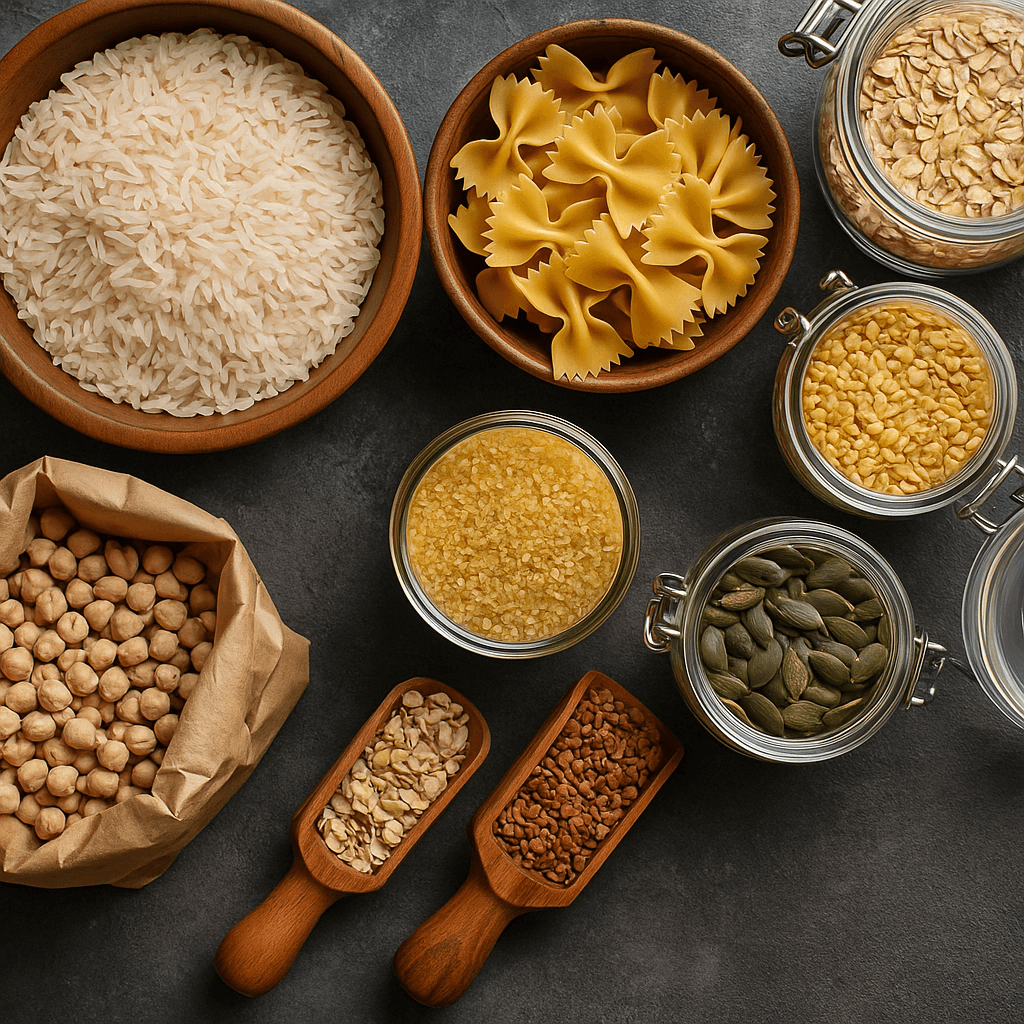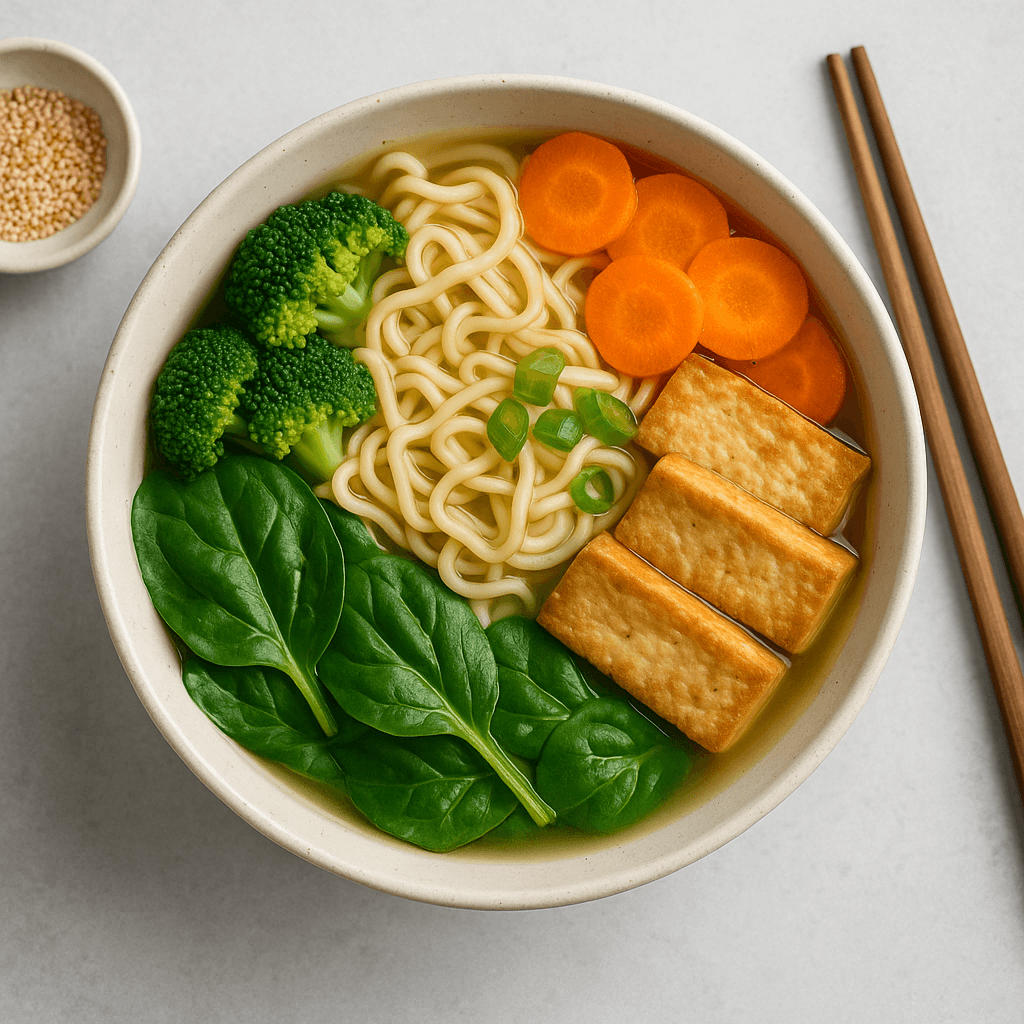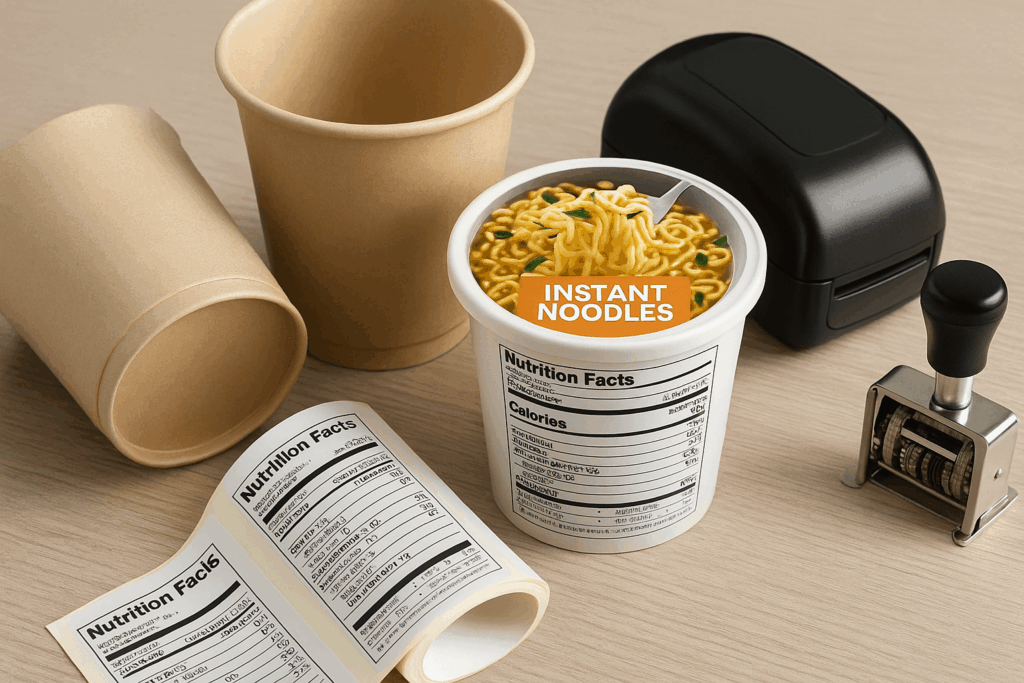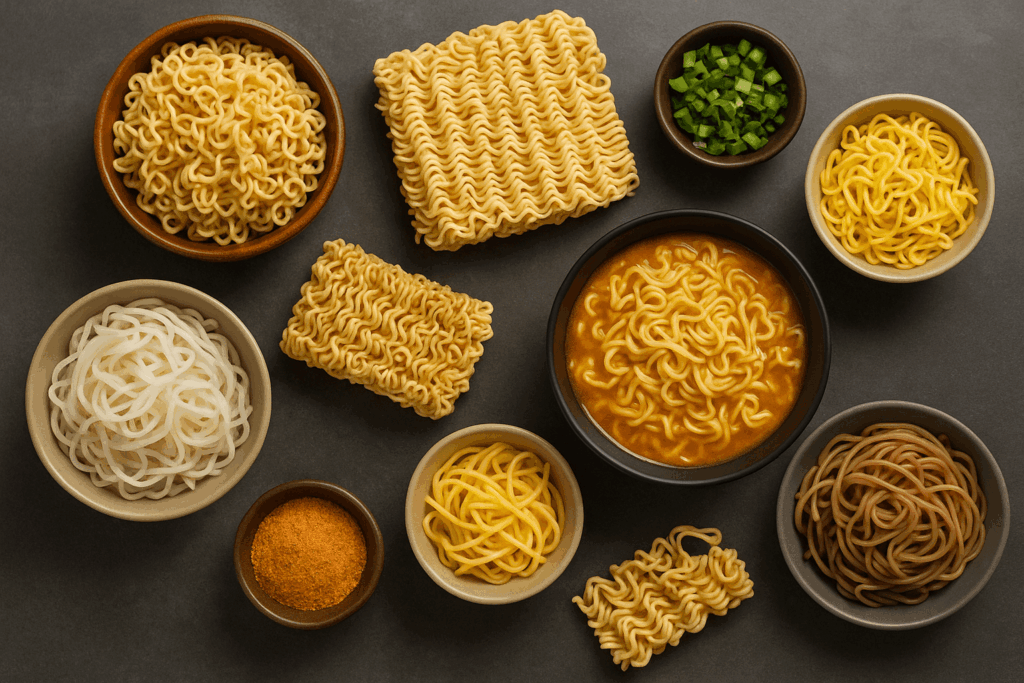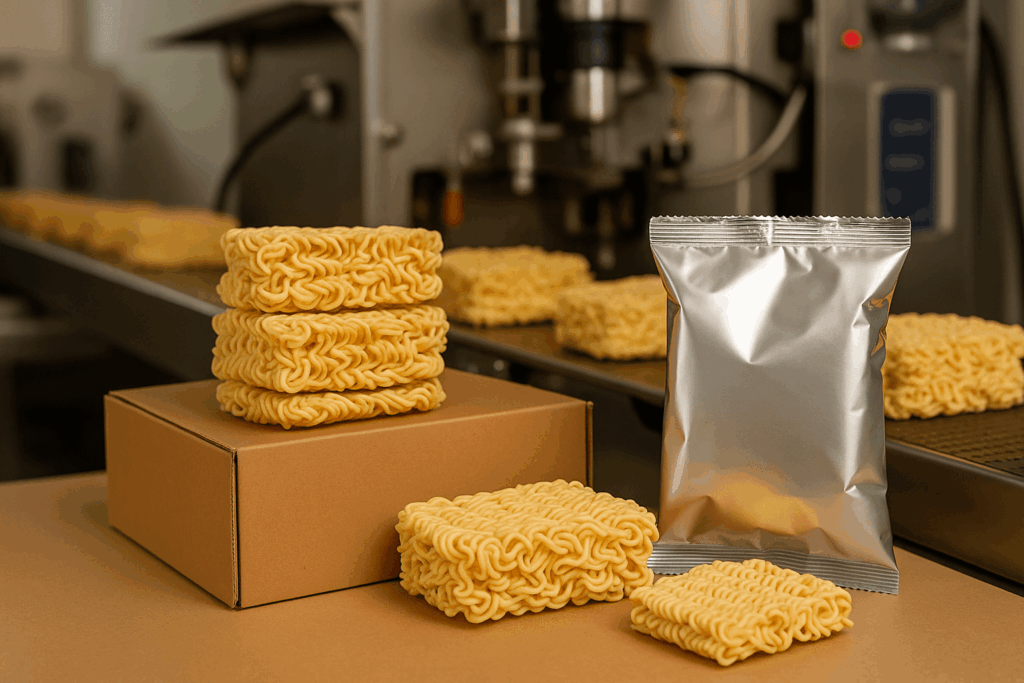If you’re building a food business, one of the biggest questions you’ll face is:
Should you buy bulk instant noodles and repackage them yourself — or invest in private label OEM manufacturing?
At Kimdee, we help brands evaluate both models and choose what works best based on cost, customization needs, regulatory targets, and brand goals.
Here’s a complete breakdown to help you decide.
✅ 1. What Is Bulk Sourcing?
Bulk sourcing means buying unbranded, ready-made instant noodles in large quantities — often from wholesale producers — and packaging them locally under your brand.
Advantages:
Lower upfront commitment
Fast product availability
Easier entry for resale and foodservice businesses
Limitations:
No control over recipe
Often not export-compliant
Cannot customize packaging or claim exclusivity
📦 Bulk is best for foodservice use, early B2B testing, or basic resale.
✅ 2. What Is Private Label Manufacturing?
Private label (OEM) means working with a factory (like Kimdee) to develop and manufacture noodles under your brand — including flavor, packaging, and labeling.
Advantages:
Full recipe and format control
Custom packaging and brand ownership
Export-ready, compliant with EU, US, or UAE standards
Higher perceived product value
Limitations:
Higher MOQ (10,000+ units)
Slightly longer lead time for development
Requires clear brand direction
📦 Private label is ideal for retail brands, global expansion, and DTC products.
✅ 3. Key Comparison Table
| Feature | Bulk Sourcing | Private Label (OEM) |
|---|---|---|
| Custom Recipe | ❌ Not possible | ✅ Full customization |
| Brand Packaging | ❌ Generic or repacked | ✅ Fully branded |
| MOQ | ✅ Very low | ⚠️ 10,000+ per SKU |
| Export Compliance | ⚠️ Limited | ✅ Certified (HACCP, Halal) |
| Control Over Ingredients | ❌ | ✅ |
| Speed to Market | ✅ Fast | ⚠️ 45–60 days post-approval |
| Retail or Premium Positioning | ❌ Low-end or generic | ✅ High-end |
✅ 4. When Should You Start with Bulk?
Cafés or small shops selling in-house
Testing pricing or market reaction before custom development
Low-budget food entrepreneurs targeting wholesale
Check out Alibaba, Global Sources, or HKTDTradeEasy for common bulk suppliers.
⚠️ But be aware: bulk products often lack documentation for regulated markets.
✅ 5. When Is Private Label a Better Fit?
Retail, D2C, and online brand builders
Companies planning to export
Brands seeking higher margins and long-term ownership
Product lines with health or dietary positioning (vegan, low sodium, organic)
🔗 How we helped a brand launch a compliant vegan line with custom flavor and packaging
📩 Need help deciding your model?
Email: carlng@kimdeefoods.com
🔗 Explore Private Label or Bulk Supply Options
❓ Frequently Asked Questions (FAQ)
Q1: Can I switch from bulk to private label later?
A: Yes. Many clients start with bulk sourcing and evolve into private label when their brand gains traction.
Q2: What’s the minimum order for private label?
A: Usually 10,000–20,000 units depending on the format.
Q3: Can I customize bulk noodles?
A: No. Customization only starts with OEM/private label production.


